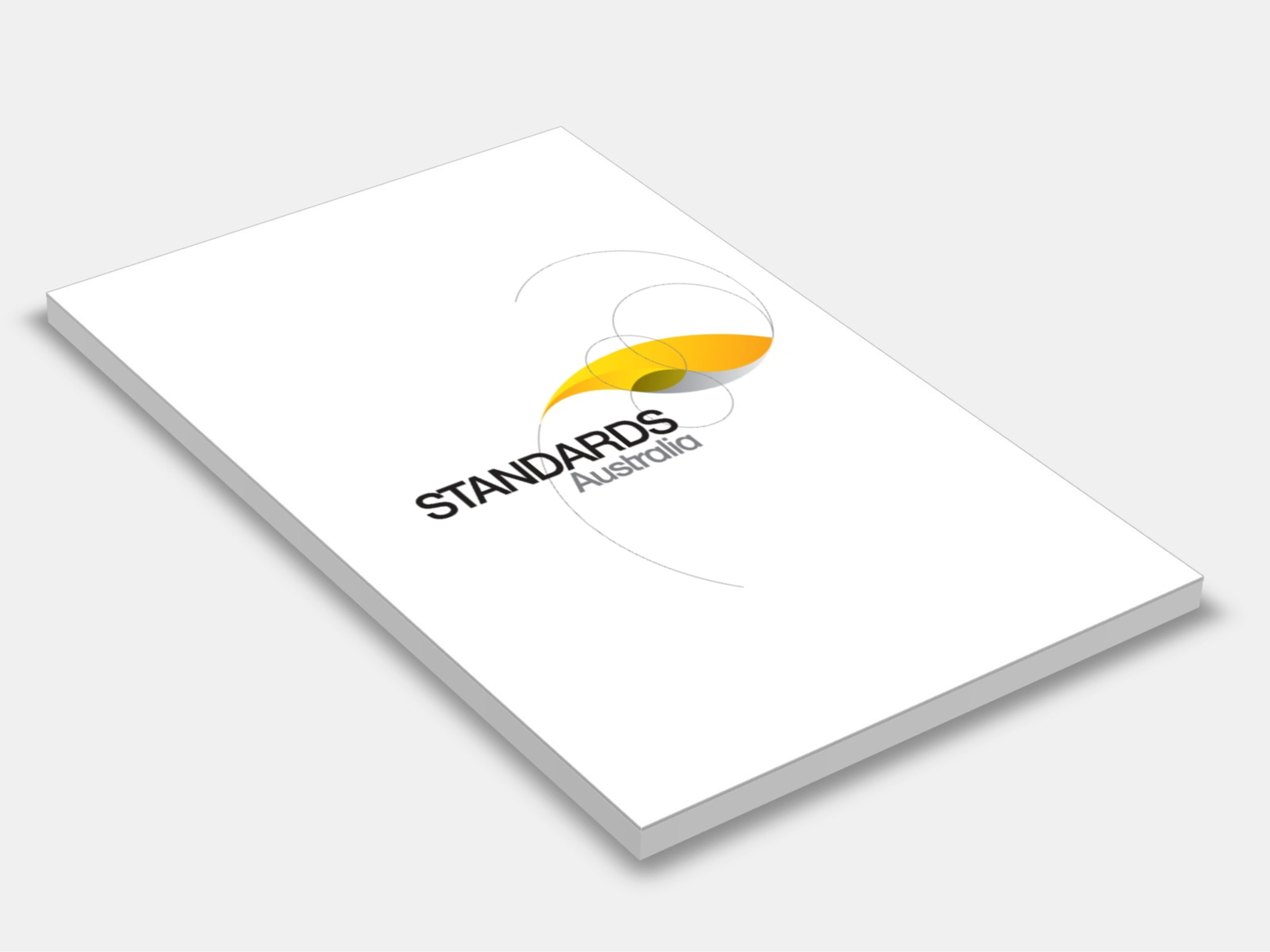
Type
Publisher
Standards Australia/Standards New Zealand
Publisher
Standards Australia/Standards New Zealand
Version:
Second Edition 2012.
(Current)
Short Description
AS/NZS 1547:2012 provides the requirements for treatment units and their respective land application systems to achieve sustainable and effective on-site domestic wastewater management, to protect public health and the environment. This Standard identifies the performance statements that cover the overall design and sustainable management of on-site domestic wastewater systems.
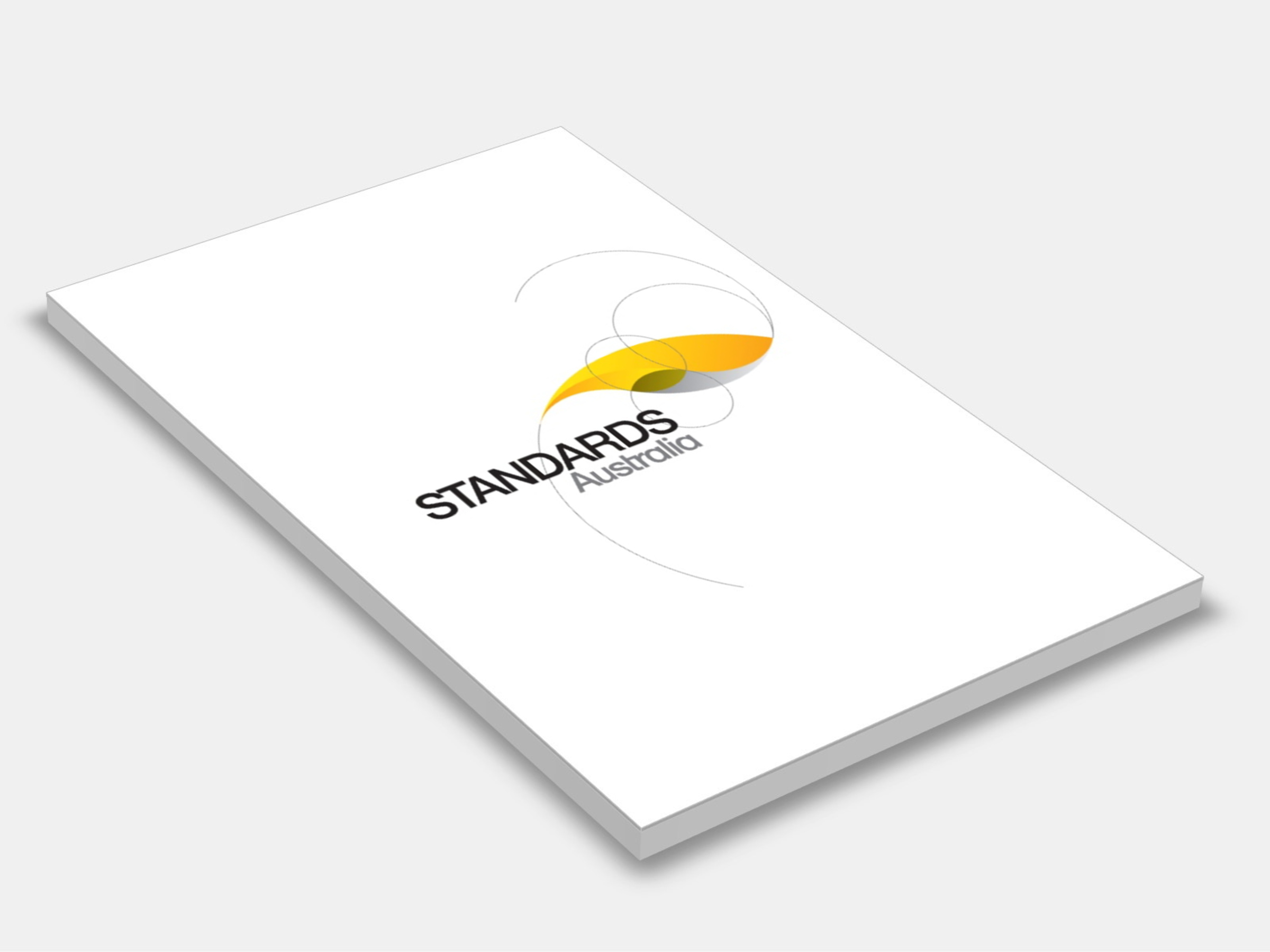
Type
Publisher
Standards Australia/Standards New Zealand
Publisher
Standards Australia/Standards New Zealand
Version:
Third Edition 2010.
(Pending Revision)
Short Description
Sets out essential safety requirements for bunk beds and other elevated beds used in domestic situations, nurseries and institutions, and functional durability, stability and performance criteria to meet these safety requirements, in order to reduce the likelihood of deaths and injuries to children.
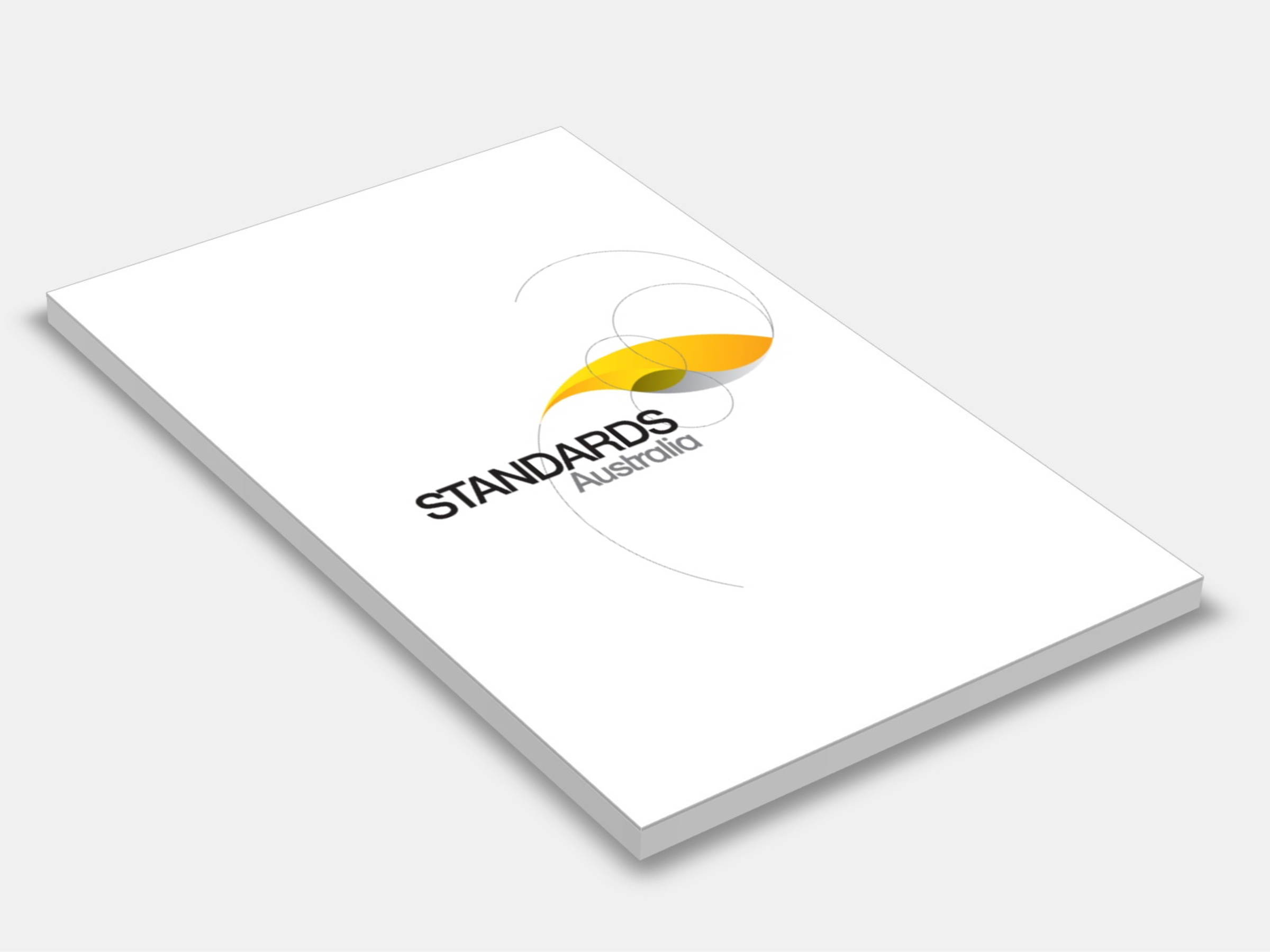
Type
Publisher
Standards Australia/Standards New Zealand
Publisher
Standards Australia/Standards New Zealand
Version:
Second Edition 2010.
(Pending Revision)
Short Description
This Standard sets out requirements, background information, guidelines and other relevant information for the design, installation, operation and maintenance of Category V lighting schemes intended to comply with AS/NZS 1158.1.1.
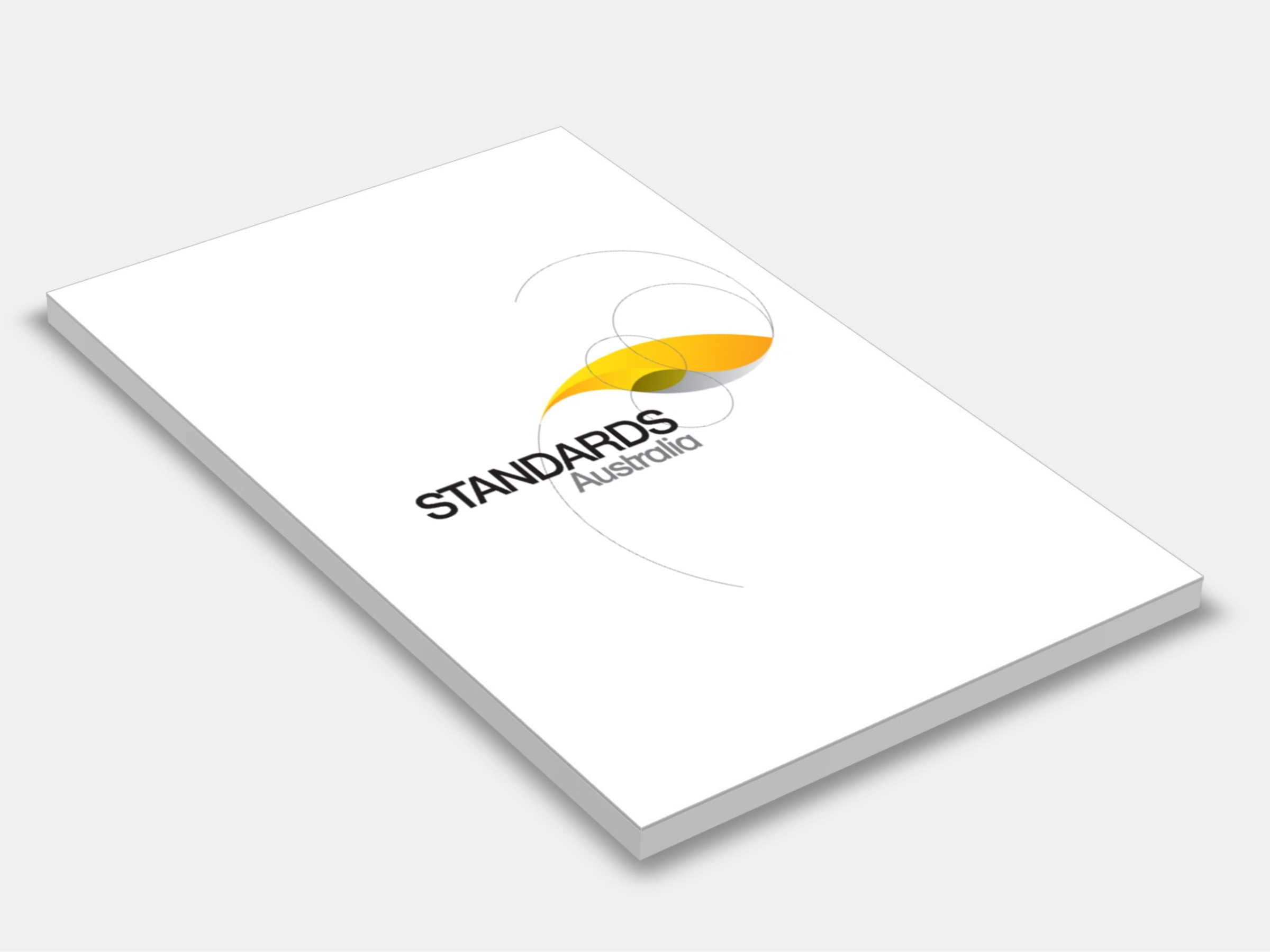
Type
Publisher
Standards Australia/Standards New Zealand
Publisher
Standards Australia/Standards New Zealand
Version:
Fifth Edition 2025.
(Current)
Short Description
This document specifies requirements for the design and installation of sanitary plumbing and drainage from fixtures to a sewer, common effluent system or an on-site wastewater management system. It applies to new installations as well as alterations, additions or repairs to existing installations. It does not apply to the pre-treatment of trade wastes.
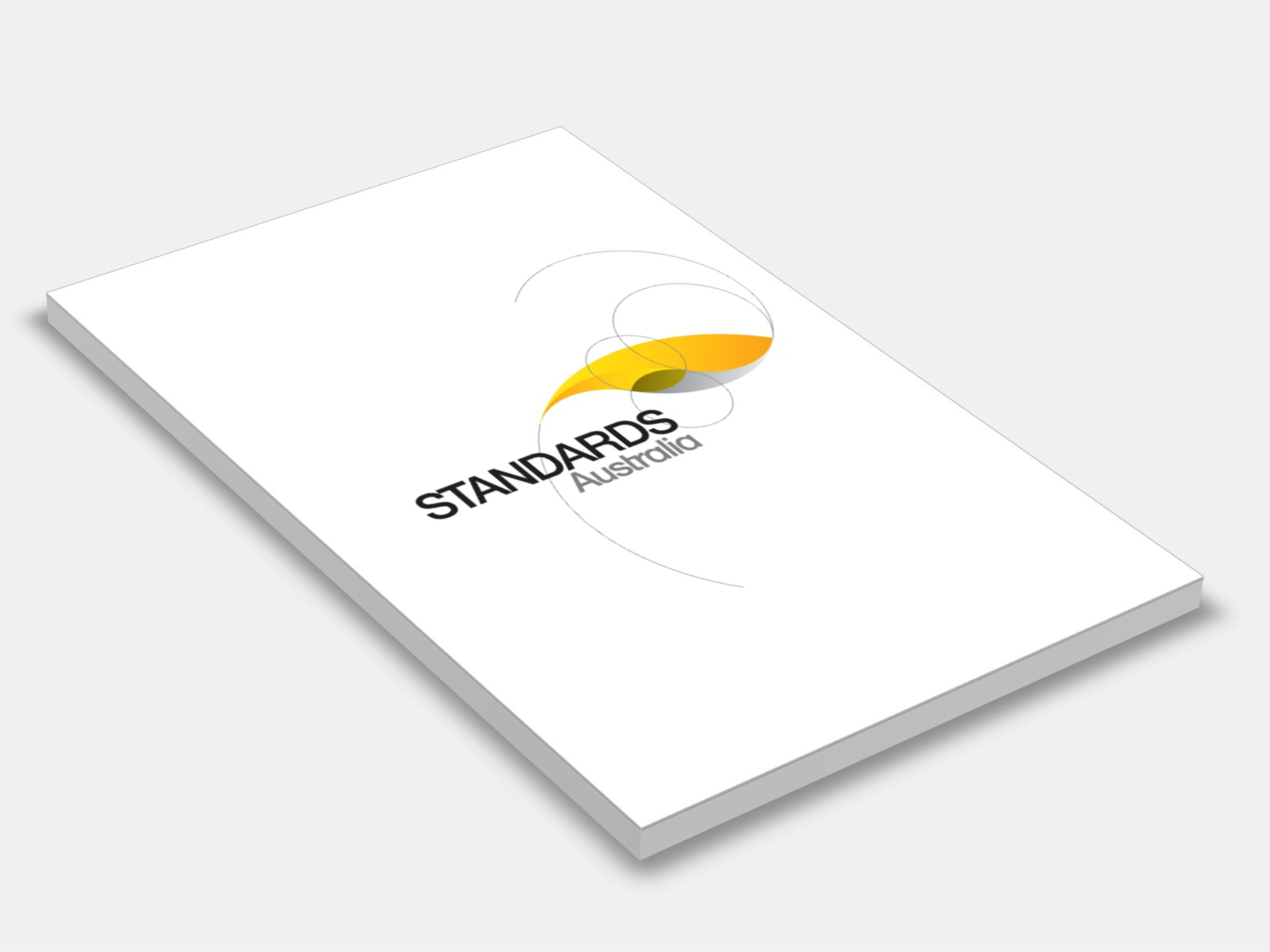
Type
Publisher
Standards Australia/Standards New Zealand
Publisher
Standards Australia/Standards New Zealand
Version:
First Edition 2022.
(Current)
Short Description
Sets out requirements for electrical installations associated with site supplies for connectable electrical installations that are intended for connection to low voltage a.c. supply systems (i.e. exceeding 50 V a.c. but not exceeding 1 000 V a.c.).
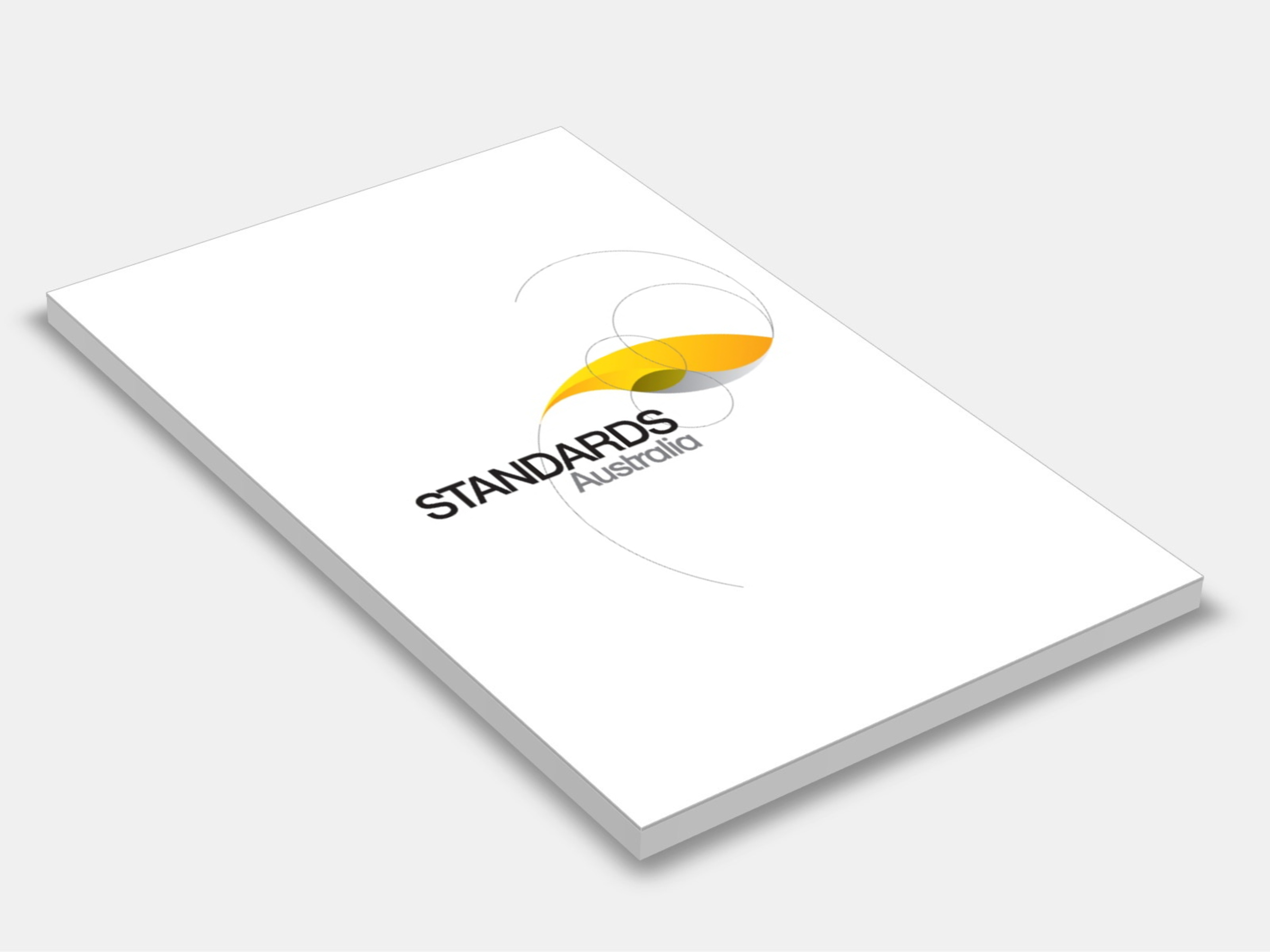
Type
Publisher
Standards Australia/Standards New Zealand
Publisher
Standards Australia/Standards New Zealand
Version:
Third Edition 2022.
(Current)
Short Description
AS/NZS 1158.1.1:2022 specifies performance and design requirements for Category V lighting schemes, including requirements relating to the energy efficiency of the luminaires used. It also specifies the luminaire data and other design data that is needed to facilitate the lighting design and the assessment of conformance to the requirements of this document.
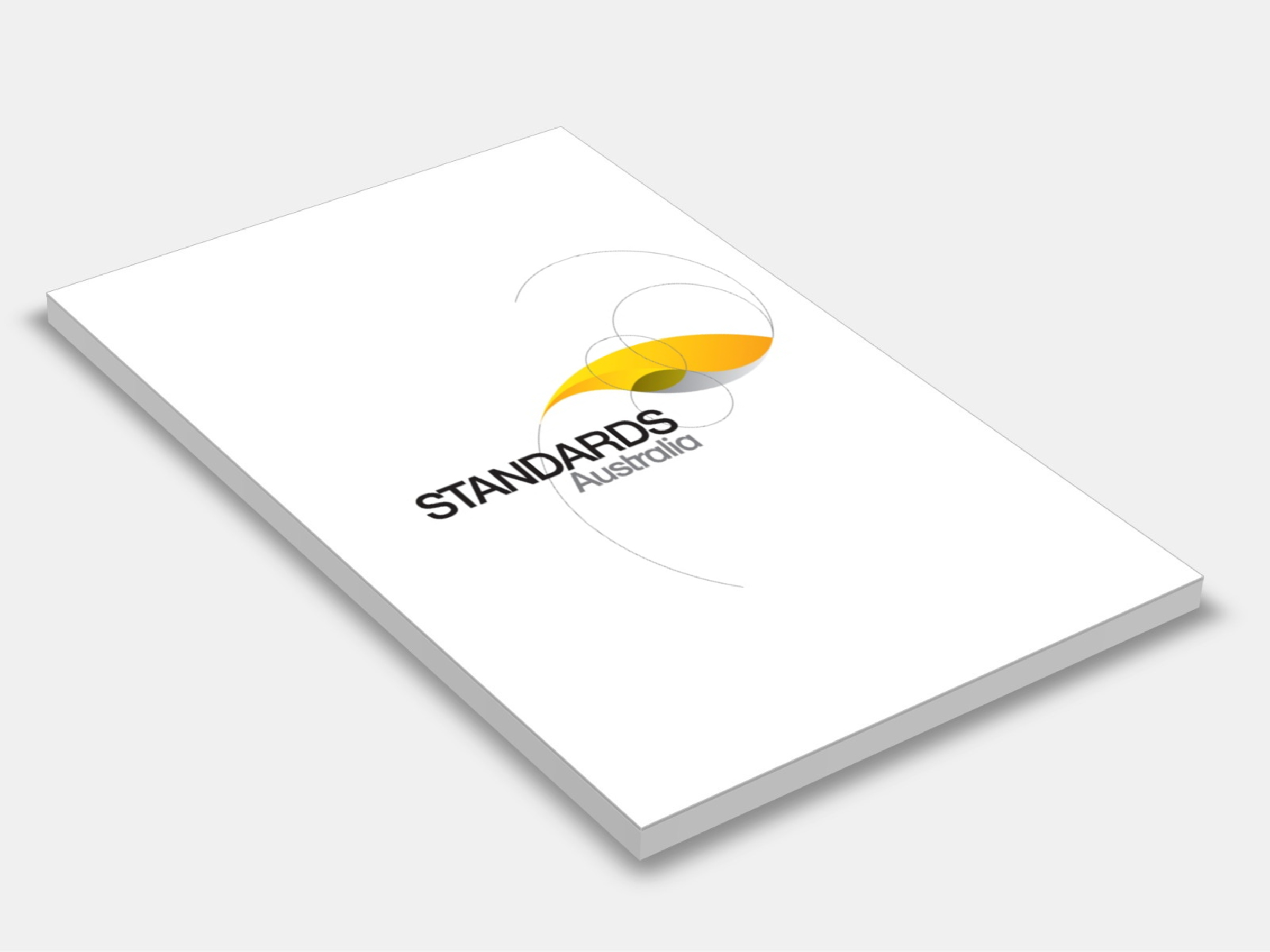
Type
Publisher
Standards Australia/Standards New Zealand
Publisher
Standards Australia/Standards New Zealand
Version:
Sixth Edition 2022.
(Current)
Short Description
Specifies procedures for the safety inspection and testing of low voltage single phase and polyphase electrical equipment, connected to the electrical supply by a flexible cord or connecting device.
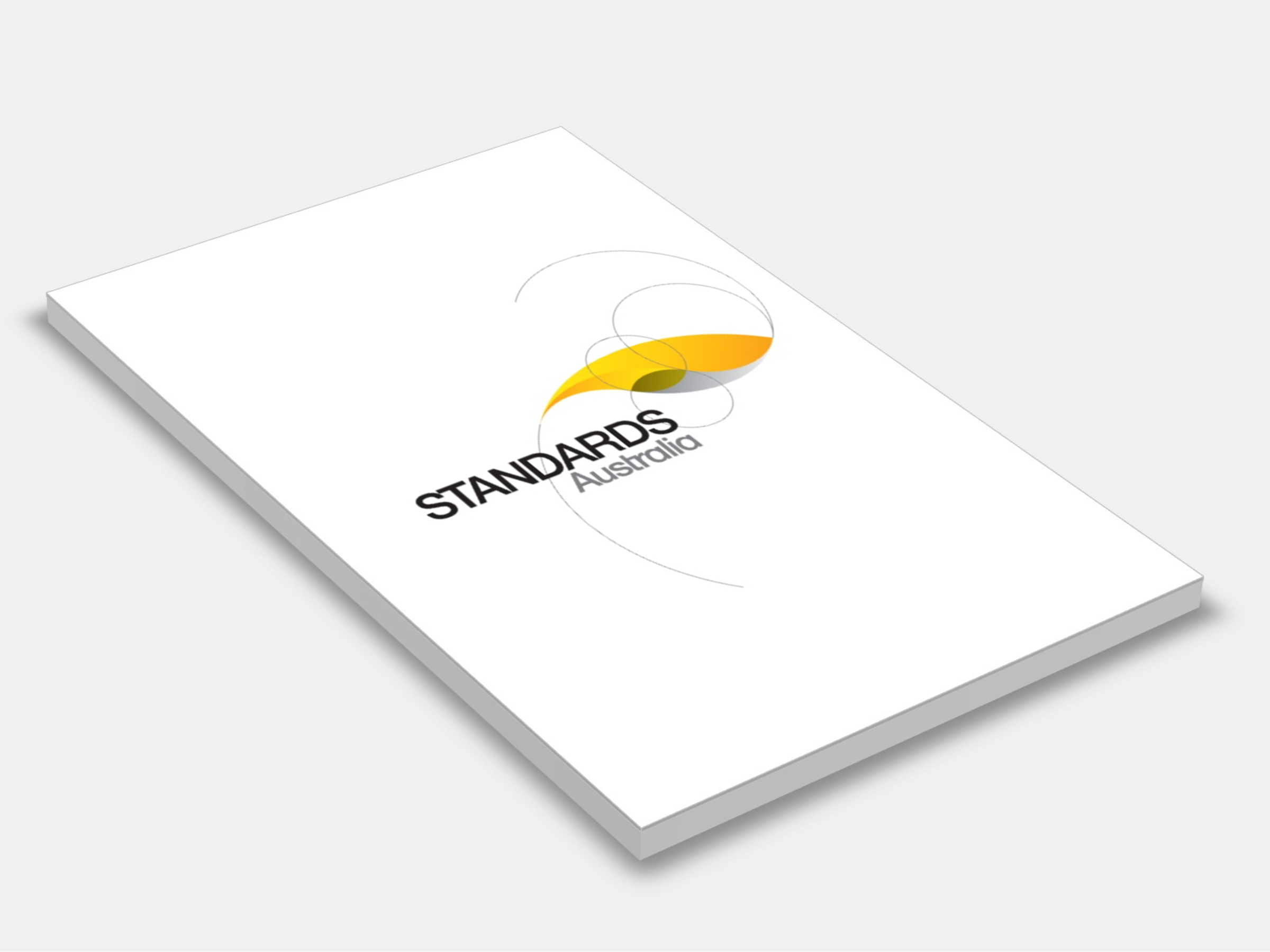
Type
Publisher
Standards Australia/Standards New Zealand
Publisher
Standards Australia/Standards New Zealand
Version:
Second Edition 2005.
(Pending Revision)
Short Description
Serves as a general introduction to the AS/NZS 1158 series and provides definitions of lighting categories and technical terms essential to the understanding of other Standards in the series especially AS/NZS 1158.1.1, 1158.2, 1158.3.1 and 1158.6.
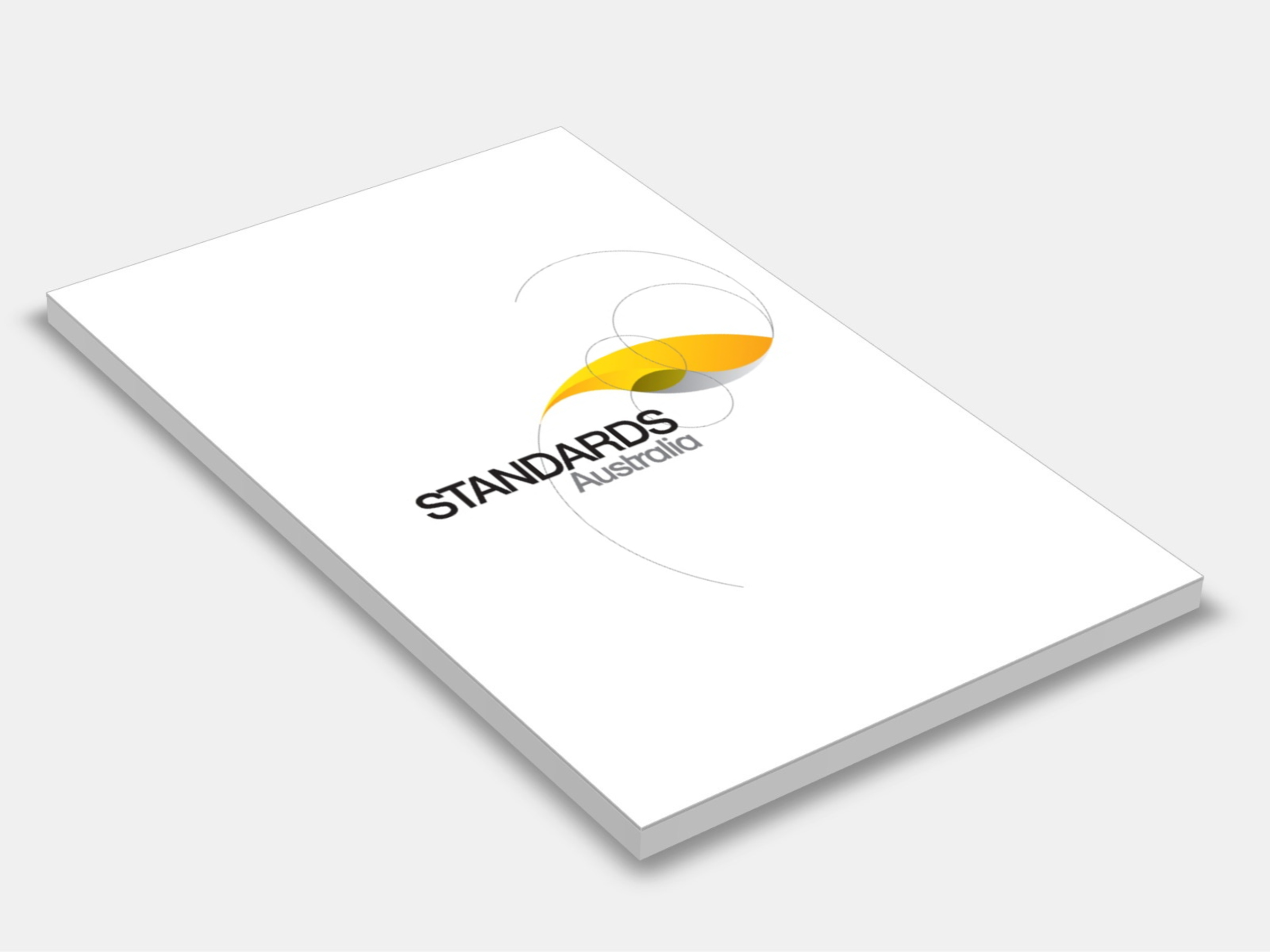
Type
Publisher
Standards Australia/Standards New Zealand
Publisher
Standards Australia/Standards New Zealand
Version:
Third Edition 2020.
(Current)
Short Description
AS NZS 1158.3.1 2020 specifies performance and design requirements for Category P lighting schemes as described in AS/NZS 1158.0. It also specifies the luminaire data and other data that is needed to facilitate the lighting design and the assessment of conformance to the requirements of this Standard. Street lighting design standard.